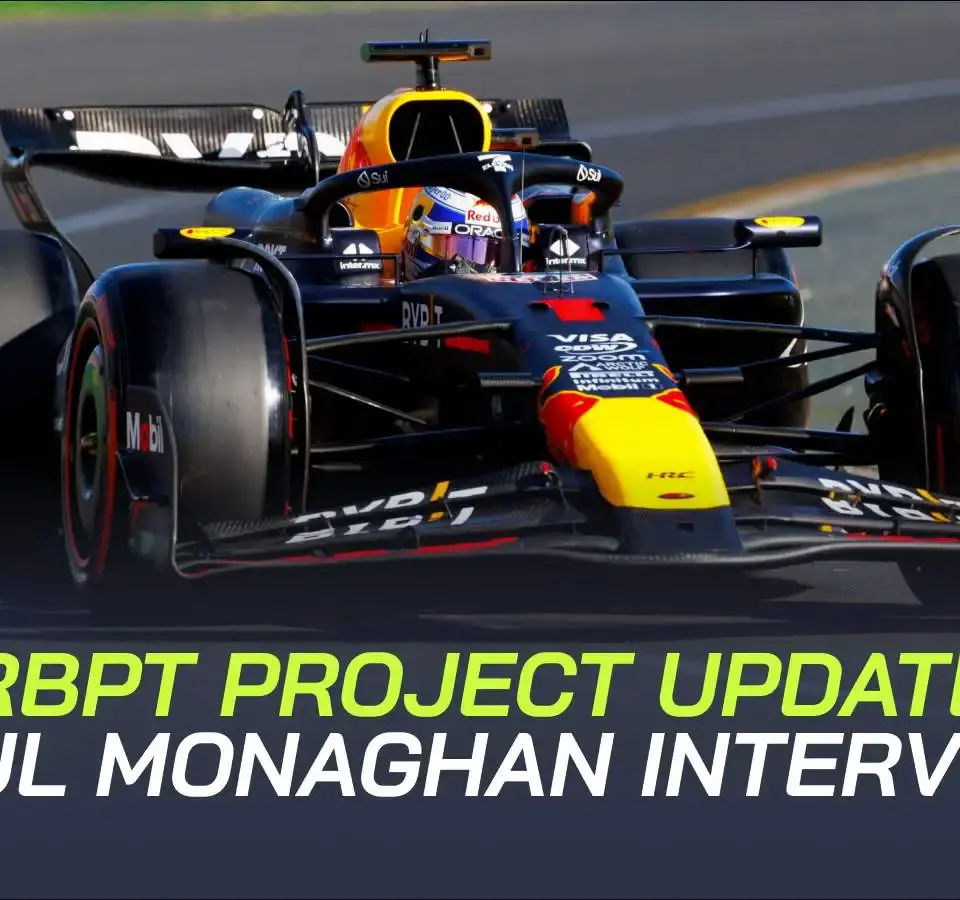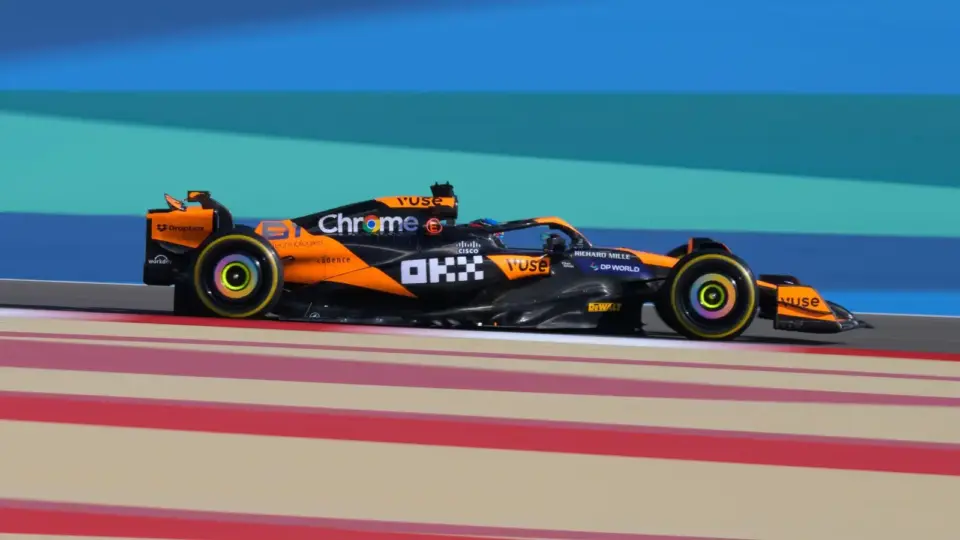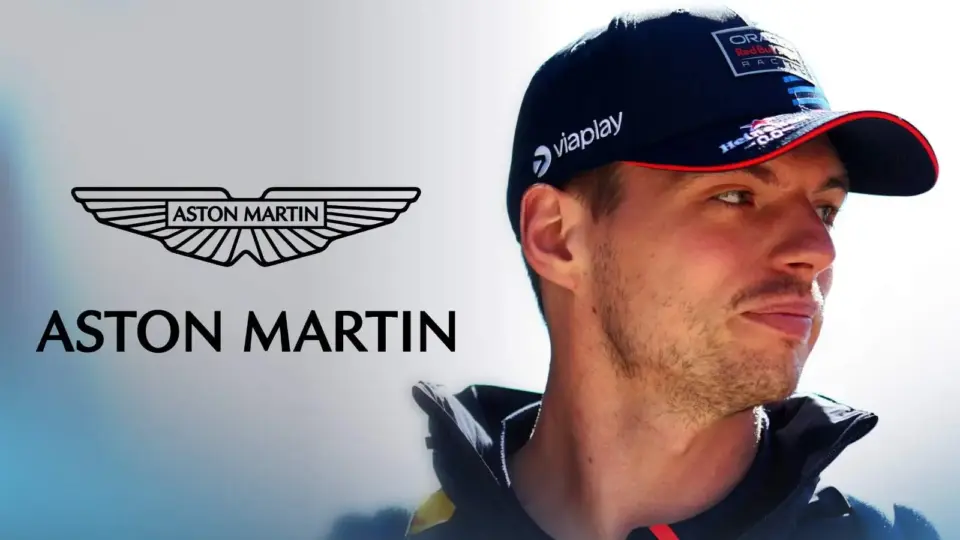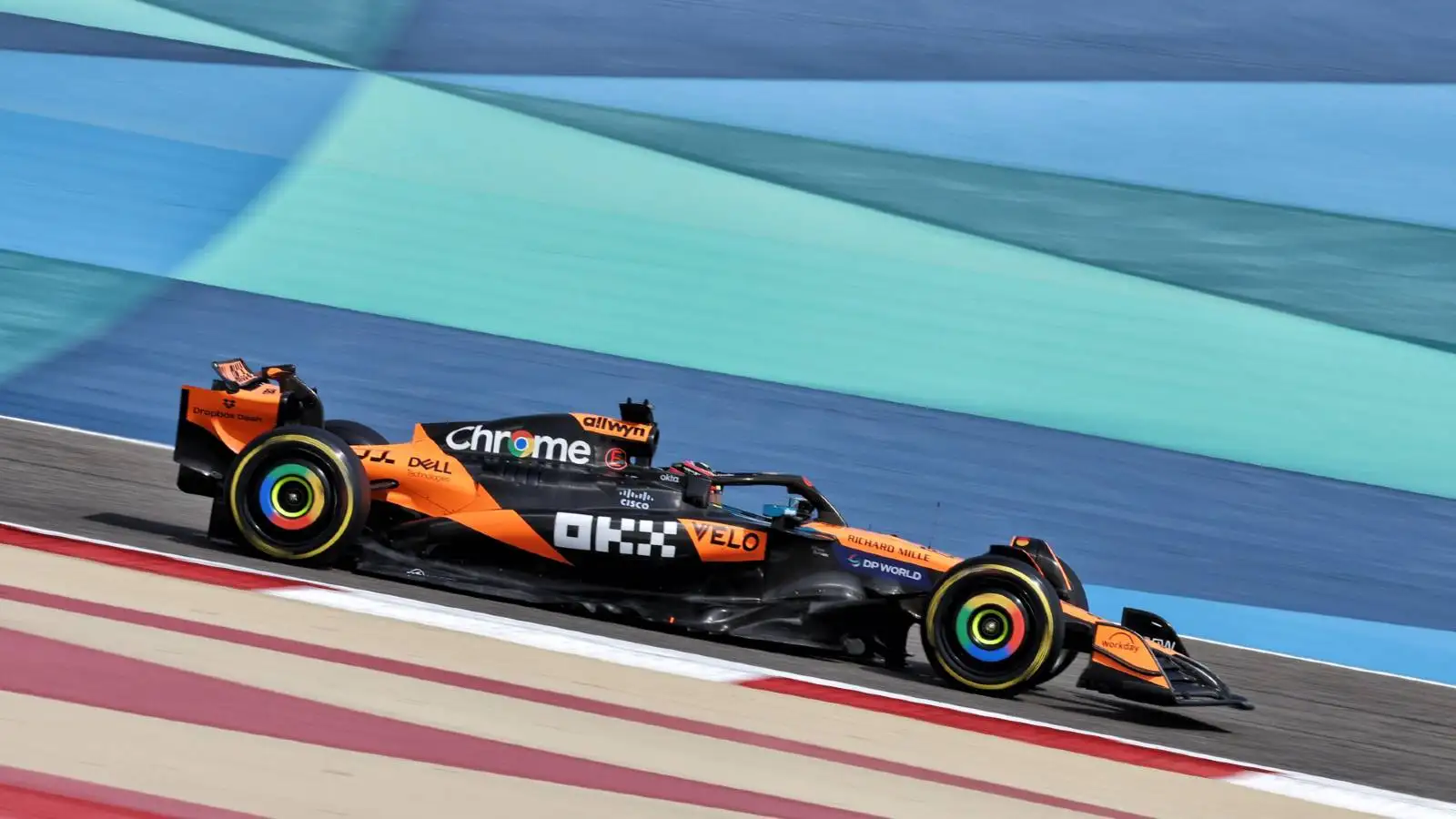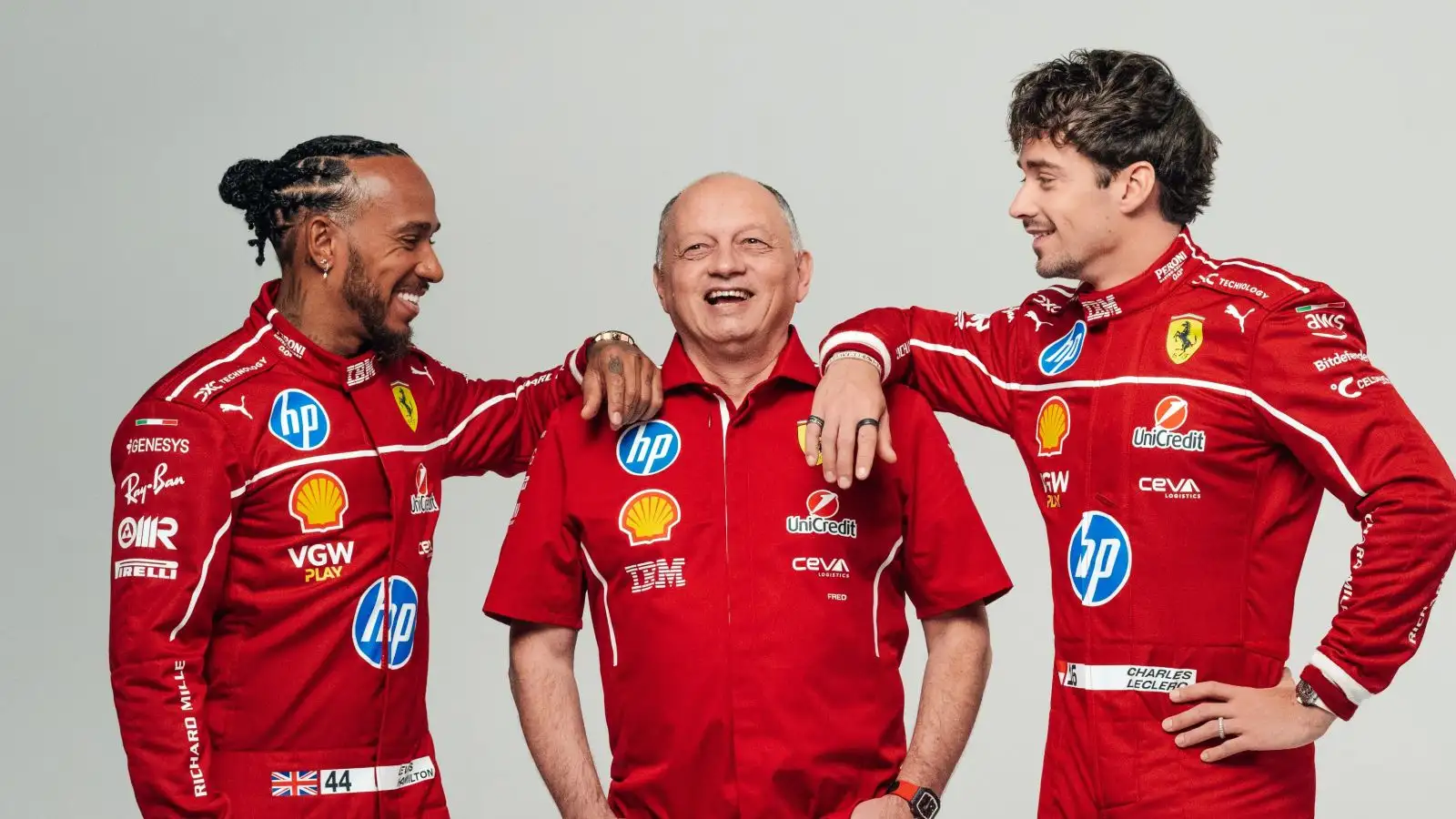Red Bull’s journey to becoming a fully autonomous F1 manufacturer is a thrilling ride with twists at every turn. Here’s what you need to know:
- Red Bull is set to part ways with Honda after the 2025 season to become an independent power unit supplier.
- The Red Bull Powertrains (RBPT) project is now a key focus, with its first competitive engine less than 18 months away.
- Paul Monaghan, Red Bull’s chief engineer, shares insights on the challenges and potential of the RBPT initiative.
- As an autonomous manufacturer, Red Bull aims to surpass previous successes with suppliers like Honda and Renault.
Red Bull’s departure from Honda after the 2025 season marks a significant shift as the team moves towards complete independence in power unit supply. The transition to Red Bull Powertrains (RBPT) is seen as a pivotal step in ensuring long-term success in F1.
RBPT emerged after Honda’s decision to leave as an official supplier post-2021, although they continued unofficially during an engine freeze. The urgency to establish a homegrown power unit supplier by 2026 led to the creation of RBPT at Red Bull’s Milton Keynes facility, in collaboration with Ford.
Chief Engineer Paul Monaghan, with nearly two decades at Red Bull, discussed the challenges and collaboration required to synchronize RBPT with the rest of the team. He believes that integrating chassis and engine operations under one roof presents an opportunity for enhanced performance.
Monaghan expressed gratitude for Honda’s contributions but highlighted the potential benefits of being an autonomous manufacturer. He stated, ‘If we want to be as strong as we can be in ’26, we have to make that project work.’ The team is optimistic about surpassing the achievements made with Honda and Renault.
Looking ahead to 2025, the final year with Honda, Monaghan notes the unpredictability of the transition. Teams must balance developing the ’25 car with preparations for ’26 under new regulations. The varying strategies could lead to an unpredictable and competitive season.
Red Bull’s bid to become a fully autonomous F1 manufacturer is set to redefine their future success on the track.
